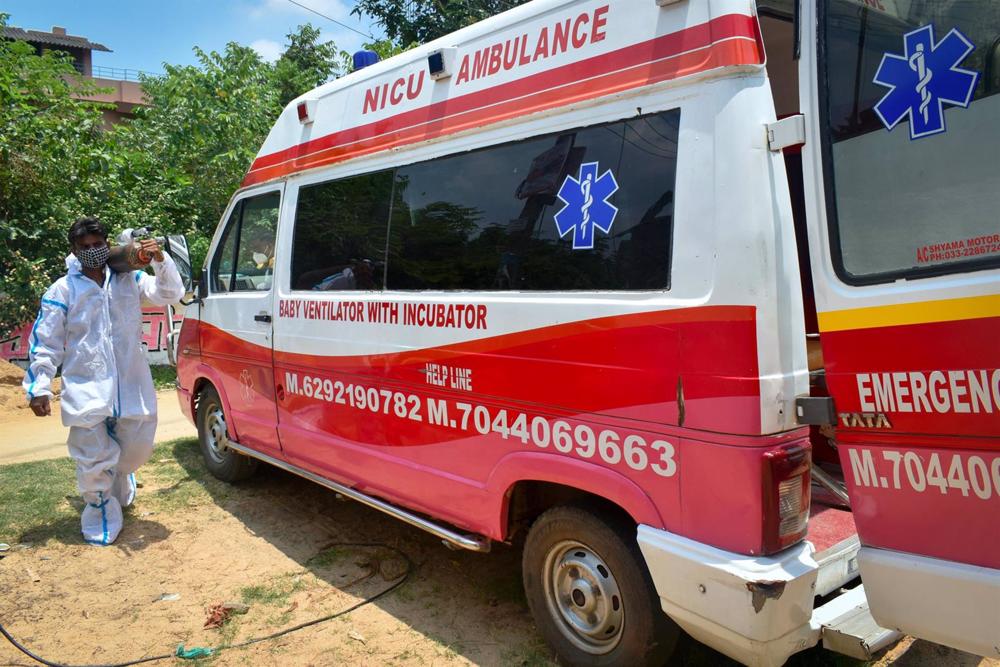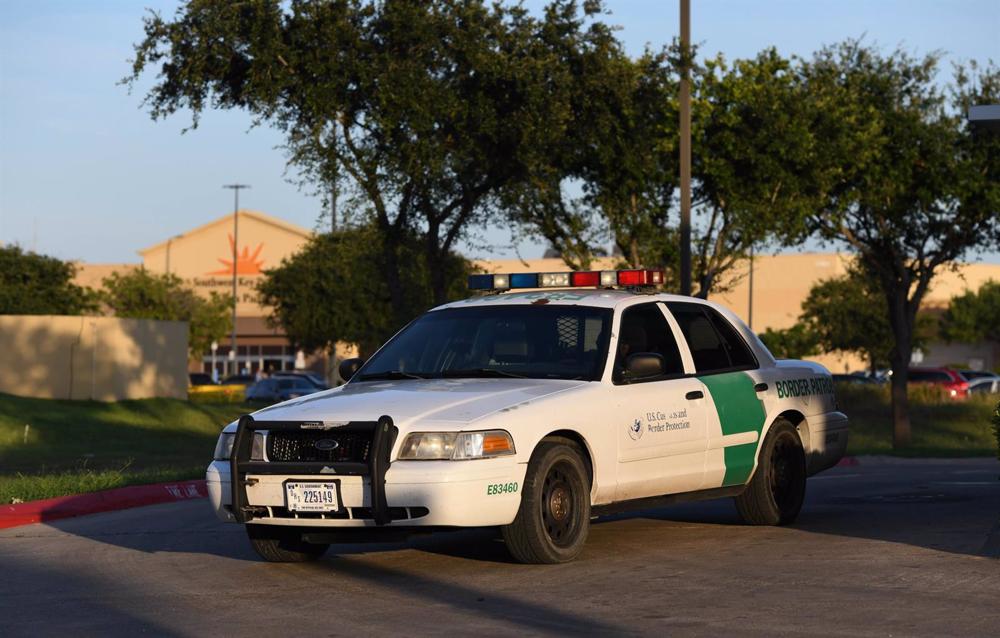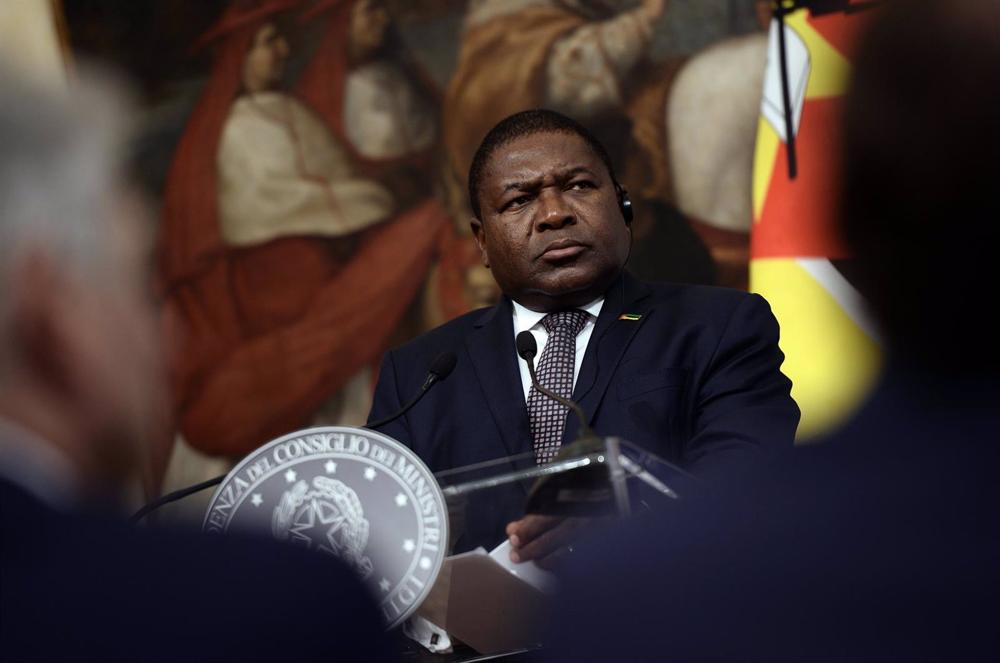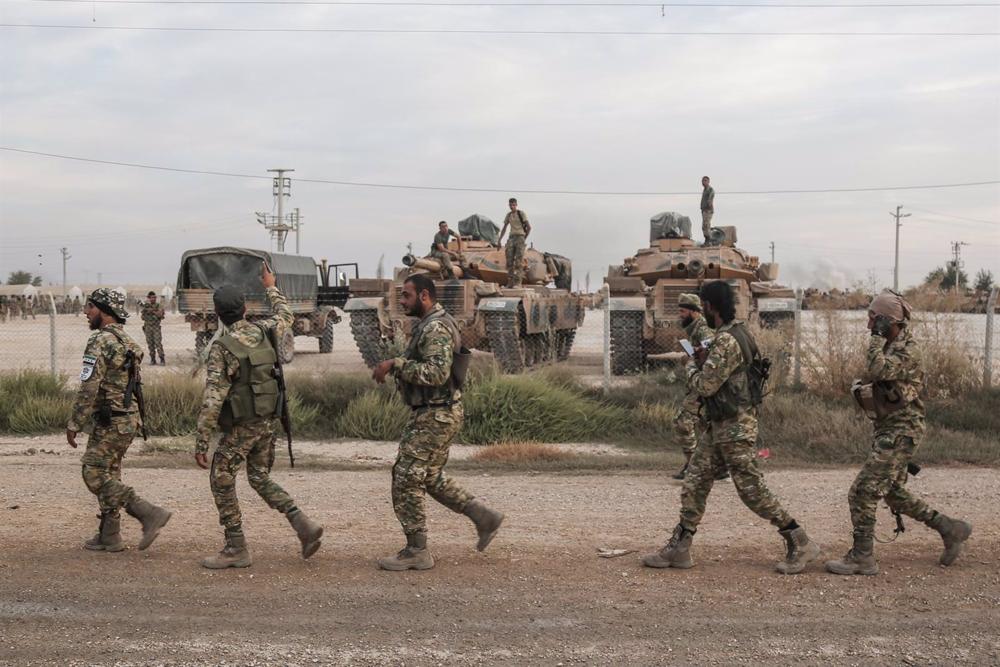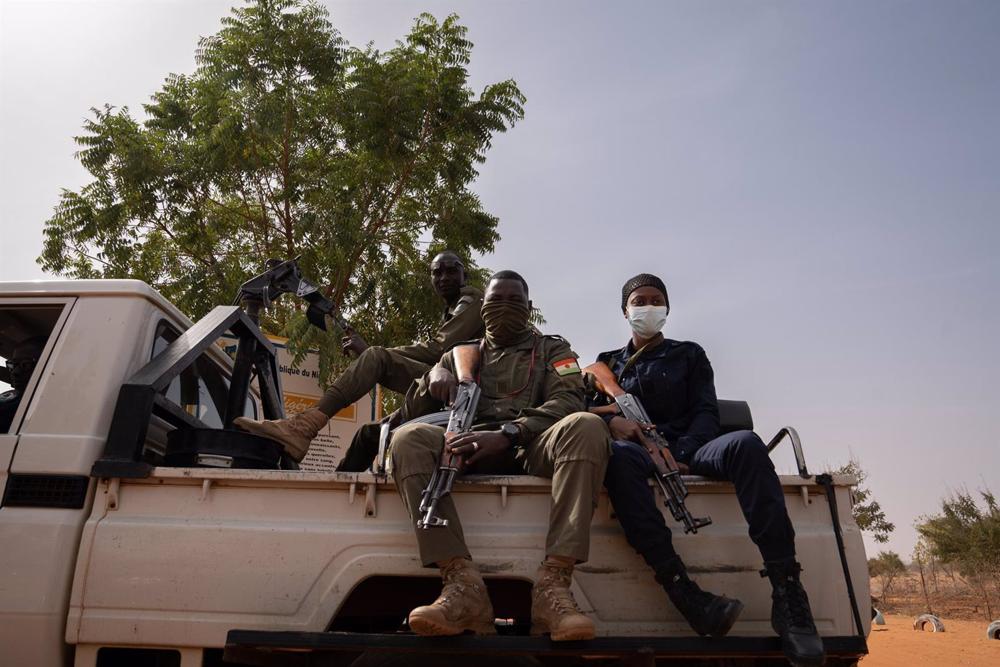
The double military coups recorded in Mali and Burkina Faso since 2020 and the arrival of the Russian mercenary group Wagner in the first of the two countries have not led to a decrease in violence linked to jihadist groups in the Sahel, but rather the number of incidents and casualties has doubled since then.
According to data published by the Africa Center for Strategic Studies (ACSS), a think-tank linked to the Pentagon, the Sahel has now undoubtedly become the main theater of jihadist violence in Africa, surpassing Somalia. This region already concentrates 40% of the violent incidents linked to jihadism.
In total, 2,737 violent incidents have been recorded in Burkina Faso, Mali and Niger in 2022, 36% more than the previous year, while the number of fatalities has risen by 63% to 7,899 deaths.
In the so-called western Sahel operate the Support Group for Islam and Muslims (JNIM), the Al Qaeda affiliate in this part of the continent, and the Islamic State in the Sahel (formerly the Islamic State in the Greater Sahara). Both groups have been engaged in fierce battles in recent months, mainly in Mali, to extend their areas of influence.
If the comparison is made with the year 2020, when in August the first coup d’état took place in Mali against the then president, Ibrahim Boubacar Keita, the number of victims has almost doubled, with a 90% increase, while the number of violent acts carried out by jihadist groups has risen by 130%.
COUPS OF STATE IN MALI AND BURKINA FASO Precisely one of the arguments put forward by the military who overthrew the Malian president in 2020 was the need to deal more forcefully with the jihadist groups operating in the country. Mali again experienced a coup within the coup in May 2021, which placed Colonel Assimi Goita at the head of the country.
With Goita already as transitional president, the military junta gradually hardened its tone towards France, until it provoked the departure last August of the Barkhane anti-terrorist mission from the country. During this time, moreover, the new military authorities have strengthened their ties with Russia, whose Foreign Minister, Sergei Lavrov, was in Bamako this week, and have authorized the deployment of Wagner’s mercenaries.
The ACSS stresses the fact that despite this, «instead of diminishing, the trend of violence has only accelerated» and moreover an increasing number of attacks are already taking place within a radius of 150 kilometers of Bamako. In fact, during the month of January there have been several attacks in the region of Koulikoro, in whose capital Spanish troops are deployed in the framework of the European mission EUTM Mali.
Burkina Faso has followed the same script. In January 2022, a group of soldiers overthrew the president, Roch Marc Christian Kaboré, under whose rule the country became the main focus of terrorist activity. Last September, Captain Ibrahim Traoré led a new coup against the interim president and also military, Paul-Henri Sandaogo Damiba.
Although so far the Burkinabe military junta has not called on Wagner – although there are constant rumors that it could do so soon – it has distanced itself from France, to the point that in mid-January it gave a month’s deadline for the departure of the French special forces troops present in the country.
The double coup d’état in Burkina Faso has not diminished the violence either. According to ACSS, a total of 3,600 fatalities were counted in 2022 as a result of jihadist actions, a 69% increase.
SOUTHERNWARD EXPANSION OF JIHADISM Although 90% of all violent incidents recorded in the Sahel took place in Burkina Faso and Mali, the last year has confirmed the trend of southward expansion of jihadist groups’ activity, with the Gulf of Guinea countries in the spotlight.
Thus, Benin recorded 37 incidents, compared to five in the previous year, while Togo recorded 17, compared to one in 2021. Western Niger also saw a 43% increase in the number of violent incidents, to 214, although there were half as many fatalities, 539.
Furthermore, the study draws attention to the 49% increase in the number of fatalities from violence against civilians by jihadist groups in the Sahel, with a total of 978 attacks. As a result, the Sahel now accounts for 60% of all victims of attacks against civilians in Africa.
WAGNER CAUSES MORE CIVILIAN VICTIMS It also denounces that Wagner’s presence in this scenario has actually led to an increase in violence against civilians. According to ACSS, the mercenary group headed by Yevgeni Prigozhin, close to Vladimir Putin, is linked to 726 civilian deaths while the jihadists are behind 1,984 deaths.
JNIM, led by Iyad ag Ghali, is the most active group. This coalition was formed in 2017 and, according to ACSS, within it the most active groups are the Front for the Liberation of Macina (FLN), Ansarul Islam and Ansar Dine, responsible for 77% of Islamist violence and 67% of fatalities. Islamic State in the Sahel is behind the rest.
Experts have been warning in recent times that JNIM is taking advantage of the withdrawal of French troops as well as the lack of state presence in northern Mali. Proof of this is that Iyad ag Ghali, former Tuareg rebel leader, reappeared in public a few weeks ago in Ménaka province (north) and received oaths of allegiance from several clan notables in the area. The JNIM leader also reportedly maintained contacts in the neighboring province of Kidal.
Speaking to the Militant Wire portal, expert Wassim Nasr said that with these visits Ag Ghali is seeking to «win the hearts and minds of the local population and decision makers at various levels». He also drew attention to the fact that he is apparently joining forces with the Tuareg groups that signed the 2015 Peace Accords against their «common enemy», the Islamic State in the Sahel.
Source: (EUROPA PRESS)
